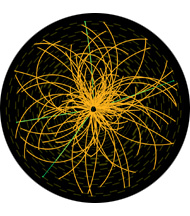
Higgs boson: UC physicists mattered in historic search
UC scientists spearheaded key experiments in what some call the 'Holy Grail' discovery in physics: a new particle that may prove to be the long-sought Higgs boson.
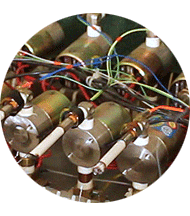
After the smoke clears, danger still lurks
Thirdhand smoke is a new frontier, and UC's Tobacco-Related Disease Research Program has assembled a consortium of investigators to study the health risks caused by the remnants of cigarette smoke.
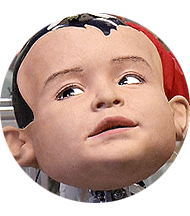
Crossing the 'uncanny valley'
It's when a humanlike robot, android or animated creature gives you the creeps. A UC San Diego scientist is looking at what's going on in our brains when we view these characters.
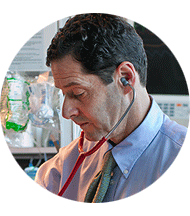
Stem cell research heads to the clinic
For more than a decade, stem cell science has raised hopes of cures for a host of diseases and illnesses. Now, the research pace has picked up with lab discoveries moving to tests of therapies for patients.
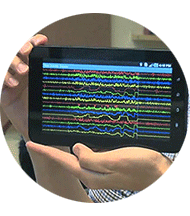
Listening in on the brain
UC San Diego scientists are developing technology that links thoughts and commands from the brain to computers. In addition to neat gadgets like mind-dialed cell phones, devices to assist the severely disabled and a cap to alert nodding-off air traffic controllers, new technology could reshape medicine.
Graduate student researchers mix technology and humanity
Graduate students are at the heart of UC research. And many package their expertise, creativity and compassion to tackle and solve key problems in California and beyond.
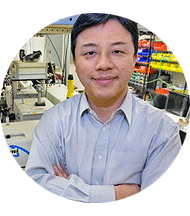
Pushing innovations to industry's doorstep
A tiny laser that could enable smaller and faster smart phones and tablets. A glucosamine-like supplement that targets the underlying cause of multiple sclerosis. These are among research projects getting a boost this year from a UC grants program. The Proof of Concept grants help move UC research out of the lab and to commercialization.
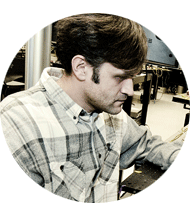
Technologies that can change lives now moving beyond the lab
From flowing massive amounts of digital information to healing pain, scientists in UC's Proof of Concept program are pushing innovations and speeding technology transfer.
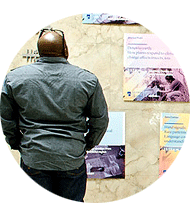
Graduate students take their research to the Capitol
They delivered a message to legislators: graduate student research is central not only to the future of UC, but to that of the state and the nation as well.
Rising stars of science
Five UC graduate students and postdoctoral researchers were among innovators named 'Rising Stars of Science: The Forbes 30 under 30.'
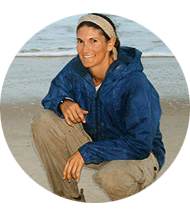
Evaluating marine parks in the high seas
California is a leader in protecting marine life and areas, and UC scientists play an important role in studying, advising and shaping policy that must balance the environmental needs of the ocean with those of millions of users.
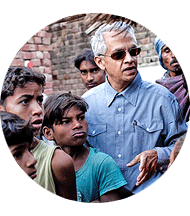
Keeping the planet from being cooked
Reducing black carbon could immediately slow global warming and save millions of lives, says a UC San Diego scientist. And simply providing cleaner-burning stoves in rural villages can help do the trick.
Combining a prevention pill with community treatment programs
UC's California HIV/AIDS Research Program has funded studies to test a HIV prevention pill among high-risk HIV-uninfected people in the state.
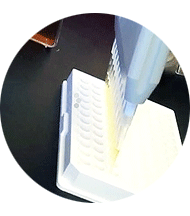
Persistence, passion lead to new attack on parasitic diseases
Based on research by UCSF and UC San Diego, the FDA has identified an arthritis treatment as an 'orphan drug.' It paves the way for a new drug to attack tropical parasites that disable and kill millions of people worldwide.
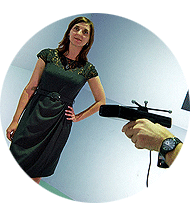
Getting the bigger and fuller picture
UC San Diego experts in 3-D imaging refine virtual reality devices to generate detailed and reliable models of spaces, people and objects. These will be valuable tools to other researchers, including archaeologists.

Smarter power
As the nation's power system ages and grows insufficient, UC researchers are building a smarter, greener electric grid for the future.
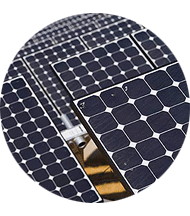
Putting the crown on solar power
Someday, solar power will provide all the energy homes and buildings need for electricity, heat and cooling. Scientists at UC Solar, a multicampus research institute based at UC Merced, are helping to make that day come true.
Ovarian cancer: UC researchers play key role in new treatments, analysis
For many women, a diagnosis of ovarian cancer is a death sentence. More than 14,000 women die of it each year. With symptoms that mimic other ailments, it often is diagnosed at a late stage. The five-year survival rate is just 31 percent; when the cancer becomes resistant to traditional chemotherapy, newer drugs have held it at bay for a few months at best.